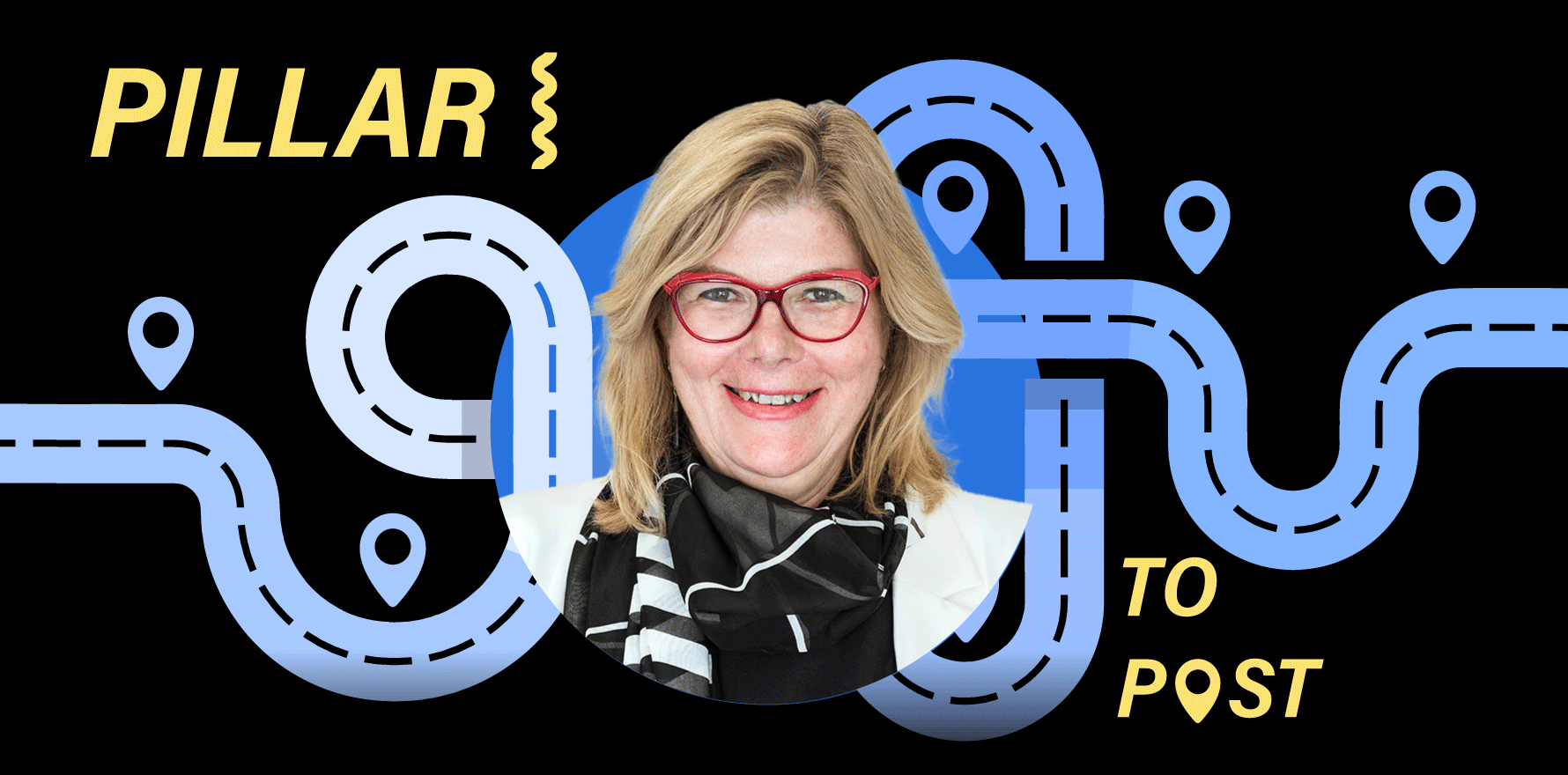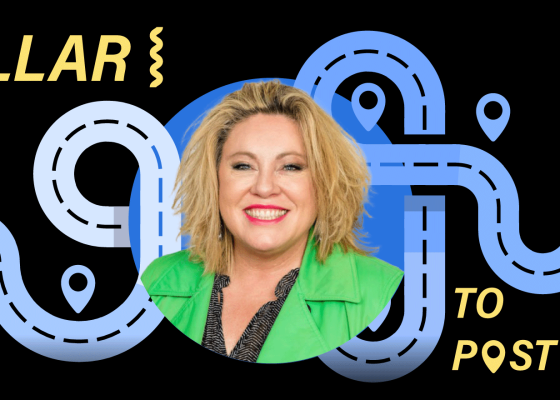UPDATED: Carmen Rechbauer will stay on until a replacement is found, according to an official statement.
HealthShare NSW, the state’s public sector shared services provider, is looking for a new CEO.
Current incumbent, Carmen Rechbauer has been in the job since August of 2018, and prior to that was the organisation’s executive director of clinical support services from March of 2017. She was also with the prior incarnation of the provider, Health Support Services.
At 5.33pm today an official statement from HealthShare NSW said:
“Chief Executive, Carmen Rechbauer, will be leaving HealthShare NSW to take up a senior role within the NSW Ministry of Health.
“HealthShare NSW acknowledges and thanks Ms Rechbauer for her contribution and service to the organisation.
“Ms Rechbauer will remain in the role until the recruitment of a new chief executive is finalised.”
Ms Rechbauer appeared at the NSW Special Commission into Healthcare Funding on 22 and 23 February. There is no suggestion by HSD that her appearance has anything to do with her departure.
According to NSW Health’s advertisement, the CEO’s role is to “lead the maturing and consolidation of the NSW Health shared services program, guiding business transformation to continually add value and enhance the customer experience”.
Included in that is responsibility for “balancing the competing interests of various groups within and external to the public health system”, leading workplace culture while managing employees through “periods of change” and providing the full range of corporate support to “all public health organisations” on time and on budget.
HealthShare’s core services are food (delivering 22 million patient meals each year), linen (it’s the largest supplier to health services in Australia), Enable NSW (assisting 30,000 people with disabilities each year), warehousing, logistics, procurement, patient transport and service centres, including managing the statewide payroll, recruitment and accounts payable services.
Remuneration comes in at between $392,598 to $440,803 per annum. Applications close for the Band 3, health services senior executive role at 12pm on Friday 26 April.
Former Queensland premier steps up
Anna Bligh AC, former premier of Queensland (2007-2012) and the current CEO of the Australian Banking Association, has joined the Leukaemia Foundation as a national ambassador, and for Ms Bligh, it’s personal – she is a survivor of non-Hodgkin lymphoma, diagnosed in 2013.
“To the 140,000 Australians and their families currently living with blood cancer, I want you to know that you are not alone,” said Ms Bligh.
“I am humbled to join the Leukaemia Foundation as a national ambassador and hope I can use my personal experience to support others impacted by this disease as well as raise further awareness of blood cancer within the community.
“Together we will strive to achieve our collective goal of zero lives lost to blood cancer by 2035.
CSIRO creates deputy CEO role
CSIRO has announced Kirsten Rose, the organisation’s current executive director of future industries, will step into the newly created position of deputy chief executive from 20 May.
“It will be an absolute privilege to serve as deputy chief executive for this amazing organisation,” said Ms Rose, who has been with the CSIRO since August of 2020.
She is also a non-executive director of Pilbara Ports (since December 2023), the WA state advisory council member of the Committee for Economic Development of Australia (since August 2018), and governor of AmCham Australia (since January 2022).
Ms Rose has previously been CEO of the Sustainable Energy Association of Australia (2012-2014), West Australian state manager of the AICD (2014-2016), director of the Founder Institute, head of innovation (sustainable operations) at BHP (2016-2020), and chair of the Defence Science Centre of WA (2021-2023).
Search on for CEO of Translational Research Institute
Respected respiratory physician Professor Scott Bell will not seek an extension of his five-year tenure as CEO if of the Translational Research Institute when it expires in February 2025.
Professor Bell said that although it had been a difficult decision not to seek a second term, a recent family relocation to northern NSW had been the catalyst for change.
“It will be incredibly hard to farewell the strong and united TRI community I have been privileged to lead, but I do know there will be a myriad of opportunities to continue our collaboration in the future, given TRI is the epicentre of translational research in Australia,” said Professor Bell.
“I want to thank past and present TRI Board members for their wise counsel and acknowledge the exceptional TRI corporate team who have been instrumental in the Institute’s success over these past five years.”
TRI board chair Emeritus Professor David Siddle said the board would conduct a global search for a new CEO and was scheduled to appoint a recruitment firm to lead the campaign in the near future.



